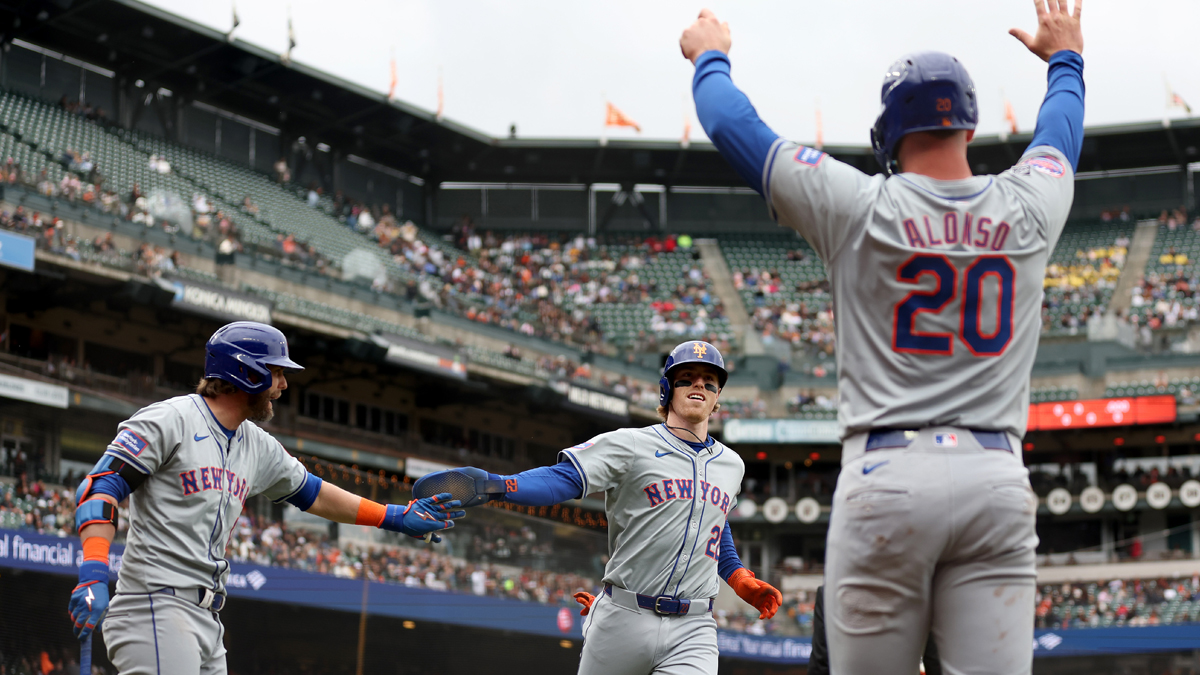The city of San Jose lost a bid to a federal appeals court in San Francisco Thursday to challenge Major League Baseball's nearly-century-old exemption from antitrust laws.
San Jose is seeking to claim in a 2013 lawsuit that the MLB violated antitrust laws by allegedly delaying and blocking a possible move by the Oakland A's to San Jose. But a three-judge panel of the 9th U.S. Circuit Court of Appeals unanimously said MLB is protected from the suit by the precedent set by three U.S. Supreme Court decisions that established and affirmed that the business of professional baseball is exempt from antitrust laws.
Circuit Judge Alex Kozinski wrote in the court's decision that baseball's exemption "is one of federal law's most enduring anomalies," but said only the Supreme Court or Congress can change the precedent.
"Like Casey, San Jose has struck out here," Kozinski wrote.
The court upheld a federal trial judge's dismissal of the lawsuit. San Jose unsuccessfully argued in its appeal that the exemption should be interpreted narrowly to allow its lawsuit to proceed.The exception was first established by the high court in 1922 and reaffirmed in decisions in 1953 and 1972. Kozinski wrote that the scope of the Supreme Court's 1972 decision, known as the Flood case, "plainly extends to questions of franchise relocation."
"Only Congress and the Supreme Court are empowered to question Flood's continued vitality and with it, the fate of baseball's singular and historic exemption from the antitrust laws," he wrote. San Jose Mayor Sam Liccardo and the city's lawyers said San Jose will appeal to the high court.
"When the City Council decided to pursue this lawsuit, we knew that success would likely require a ruling from the U.S. Supreme Court, because only the Supreme Court can revisit its century-old decision that created an anti-trust exemption that no American industry other than Major League Baseball enjoys," Licccardo said.
Sports
"San Jose should be allowed to compete with other cities for major league teams, and I expect the U.S. Supreme Court to affirm the nation's fundamental predisposition toward fair and free competition," the mayor said.
Liccardo said taxpayers aren't paying for the lawsuit because the lawyers representing the city are working on a contingency basis. A new baseball stadium would be privately financed and would bring "millions of dollars of tax revenues to help our city pay for more police officers, road repairs, libraries, and other critical services," Liccardo said.
Attorney Philip Gregory said, "We believe the Supreme Court, when it considers this, will find the exemption does not apply to San Jose's case and San Jose can get a baseball team that they richly deserve." Gregory said.
Outgoing MLB Commissioner Bud Selig, who retires on Jan. 25, said at a news conference in Arizona, "Well, when you win, you're always happy...This is good for baseball. It's another court decision that really helps us."
Commissioner-Elect Rob Manfred said at the conference, "It's important that we prevailed in the litigation because the exemption has been very important to the way we've done business.Manfred said, "I think the real issue for us, going forward, is that Oakland needs a new ballpark, and we need to get focused on making sure that we get that done as fast as we can."
The Oakland A's club, which has said it needs a new stadium, was not a party in the case. Last year, the club signed a lease to remain at the O.co Coliseum in Oakland for 10 years and allowed an option to buy city land in San Jose for a stadium to expire. The Oakland lease would allow the A's to leave the Coliseum after the 2018 baseball season, however.
A's spokesman Adam Loberstein said he could not comment on today's decision or on the team's future plans.
San Jose's lawsuit claims MLB's constitution and actions violate antitrust laws in two ways. One is the territorial rights rule, under which the San Francisco Giants club has the right to block an A's move to the South Bay and can be overridden only by a three-fourths vote of all clubs. The second is alleged stalling by an MLB relocation committee assigned to study a possible move.
Joseph Cotchett, a lawyer for San Jose, argued during the appeals court's hearing on the case in August that the MLB rules created "an economic wall built around the city of San Jose" and resulted in "about as clear an economic injury as you can get."
Separately, San Jose has a lawsuit with state law claims pending against MLB in Los Angeles County Superior Court. That lawsuit alleges MLB is wrongfully interfering with the San Jose's economic and contractual advantages by allegedly blocking the team's possible move to the South Bay.



